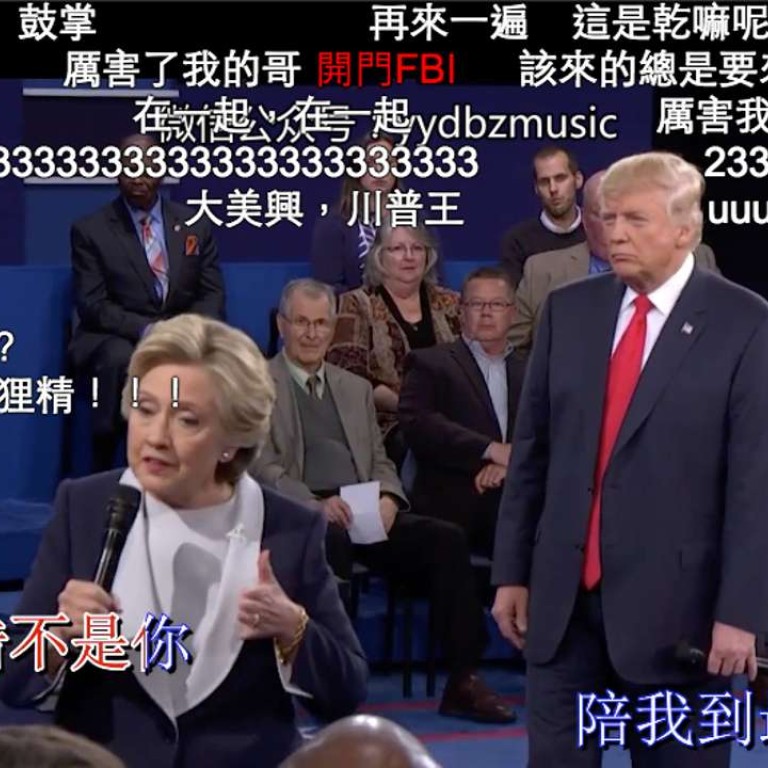
China’s internet censors target video viewers’ live comments
Shanghai authorities will crack down on danmu – the generally lighthearted remarks and emoji from web video surfers
Internet censors in China are targeting another pastime enjoyed by millions – the joy of making rubbish real-time comments while watching online videos.
For censors in Shanghai, such light-hearted comments – often no more than “hahaha” or a few emoji flashing for a few seconds – are too dangerous to be left unwatched.
Internet security authorities in Shanghai said on Tuesday they would step up oversight of the content published on video streaming sites, including live comments from viewers, which are known as danmu – meaning “barrage” or “bullet screen”.
The move reflects the increasingly intrusive and pre-emptive internet censorship on the mainland, as authorities get more assertive about controlling online information.
The decree, released by the internet security department of the Shanghai Public Security Bureau, said that video websites hosted in the city had to set up a keyword database to filter out words that “violate laws and rules”. The sites also had to assign staff to review all online comments on videos in real time, and set up channels for online users to file complaints through.
The new rules come after the Shanghai police shut down more than a million live broadcasting accounts and checked the identities of 450,000 live broadcasting hosts.
And the Shanghai clampdown is just one part of the country’s overall efforts to tame the internet. For instance, China has revised its laws to make spreading online rumours a criminal offence, and from this month on, records of private conversations from online chatrooms can be accepted as legal evidence.
Tightened state control over the internet is now a day-to-day reality for China’s online service operators.
“We have been very cooperative with the authority for a long time,” said the chief editor of AC Fun, a video streaming website that is well known for its “bullet screen culture”.
Another site rich in danmu is Bilibili, which has 50 million users.
“It’s a cat and mouse game,” said David Bandurski, a researcher for the University of Hong Kong’s China Media Project. He said the authorities wanted complete control of information but also wanted to have a vigorous internet to boost the economy.
In a recent speech on cyberspace, President Xi Jinping said China should seek more home-grown internet innovations and enhanced cybersecurity measures, according to Xinhua.
However, even though China has formidable internet policing and censorship technologies, it will be hard for the government to eliminate unwanted live comments completely.
“It might be difficult to implement those rules, as live streaming content has always been hard to control,” said Zoe Dong, a vice-president at investment bank China Renaissance.

